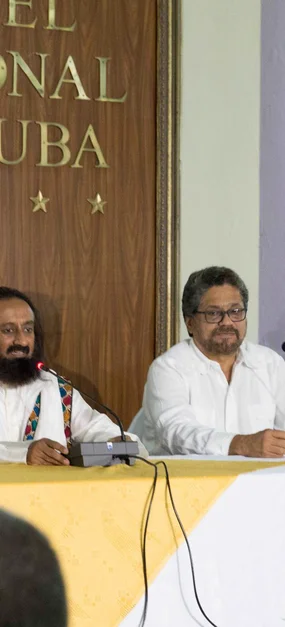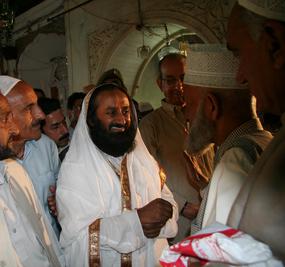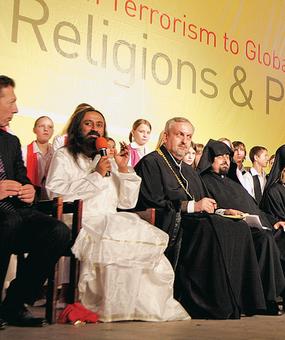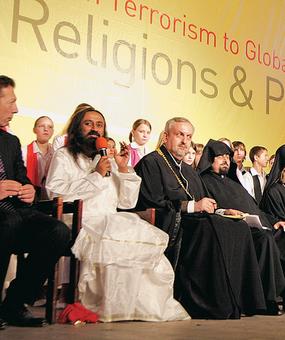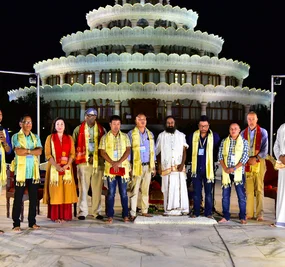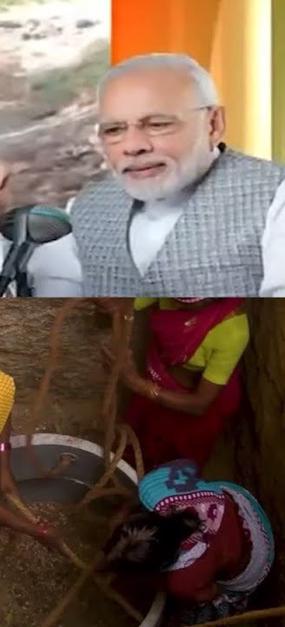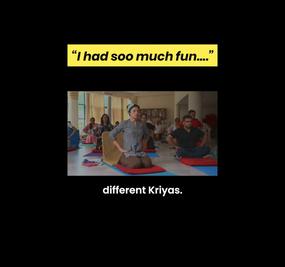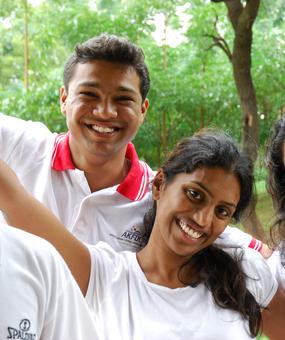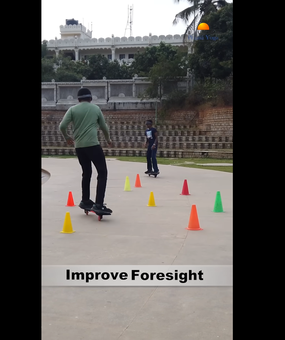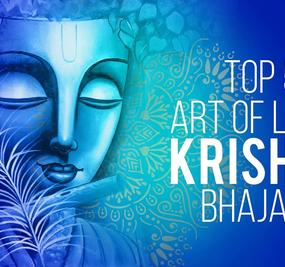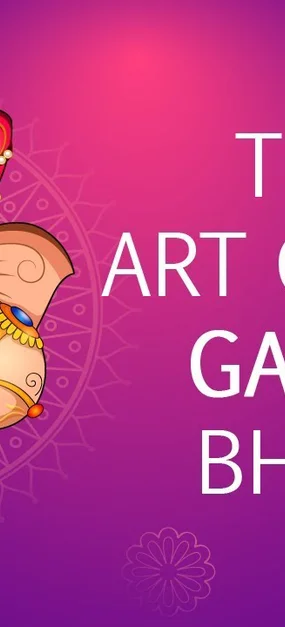Colombia endured a tumultuous 51-year conflict initiated by FARC (Revolutionary Armed Forces of Colombia), born from societal inequalities and injustices.
Thousands, like former FARC leader Pablo Catatumbo, joined the cause, driven by personal experiences of state oppression, “I was nineteen years old when I was arrested by the police after a demonstration and beaten by them in jail. When I saw the same happening to a shoeshine boy, that is when I decided to join the FARC.”
Yet, the cycle of violence only exacerbated the suffering, leading to millions displaced and hundreds of thousands of lives lost.
The Human Toll
FARC’s uprising resulted in staggering losses: 7 million Colombians were displaced and over 200,000 families mourning loved ones.
As Juan Carlos, a Colombian MP from Bogota, reflected, the government’s inability to quell the guerillas, coupled with their involvement in drug trafficking, bolstered FARC’s power, making their defeat seem insurmountable.
“The number of victims of this conflict was more than the Palestinian conflict and the war in Kosovo,” adds Carlos.
The war and its stories of suffering needed a stop.
Mistrust in the Way of Peace
A peace initiative was started by the then Colombian president, Juan Santos. But, with years of mistrust between the government and the FARC, the peace process kept going back and forth with several ceasefire violations.
However, with the support of many international organizations, the peace process gained momentum.
The Art of Living’s Intervention
In 2015, at a crucial juncture in Colombia’s peace process, Gurudev Sri Sri Ravi Shankar was approached by a Colombian delegation seeking guidance. Sensing the friction within the peace talks, Gurudev intervened, meeting with President Juan Santos and subsequently with FARC leaders to initiate dialogue.
At the United Nations office in Bogota, Gurudev first engaged with victims of the conflict, understanding their grievances. Later, in Havana, he met with FARC members, proposing a transformative approach rooted in Gandhian principles of nonviolence. Soon after the meeting, the FARC leaders meditated.
Following this meeting on June 26, 2015, the FARC declared a unilateral ceasefire on July 20, continuing for a year. Subsequently, in June 2016, both the Colombian government and FARC announced a bilateral ceasefire. Former President Santos lauded Gurudev’s contribution, acknowledging his pivotal role in the peace process.
Post-agreement, The Art of Living facilitated reconciliation efforts between FARC leaders and families of conflict victims, fostering healing and closure.
In September 2016, the government and FARC signed a historic peace agreement, leading to the disarmament of thousands of ex-FARC members and the integration of former guerilla leaders into the political landscape.
The Art of Living played a significant role throughout this process, offering spiritual guidance and support crucial for Colombia’s journey towards peace.
“Thank you for everything you have done for the peace process. You have been a great friend and support in the peace process. All your help is very useful and your spiritual guidance is ever so important.” – Juan Manuel Santos, former President
Soon, the ex-guerilla group discussed ways to apply the Gandhian principle of non-violence in a post-agreement scenario in Colombia. They requested The Art of Living to help facilitate reconciliation with victims of the conflict.
One such reconciliation process happened between FARC leaders and the families of the congressmen killed by the FARC. The event ended with both parties holding hands and praying for the departed souls.
Within a few months, in September 2016, the Colombian government and FARC reached a historic peace agreement. This landmark accord led to the disarmament of 7,000 ex-FARC members and the integration of 10 former leaders into parliamentary positions by July 2018.
Here is The Art of Living’s timeline of actions in the peace process.
After the Peace Agreement
Post-agreement, Colombia witnessed a shift, with former FARC members transitioning into political roles and launching their own political party. “Since the peace agreement, there has been a drop in the instances of violence”, says Juan Carlos, Colombian MP from Bogota. Many ex-FARC militants have returned back to their families and are now helping de-mine the country.
“Meeting Sri Sri and The Art of Living was truly a miracle. We will show that we will fulfill the promise we made to him to follow the Gandhian principle of non-violence.”
– A former FARC commander at the launch of their political party
The Art of Living’s Continued Efforts
However, despite strides toward peace, a significant portion of Colombians struggle to forgive the FARC, evident in their rejection of the 2016 plebiscite for the peace agreement.
Compounded by the lack of support from the current government, some former FARC members have reverted to armed activities. In these challenging circumstances, The Art of Living remains steadfast in its commitment to peace-building in Colombia.
Angela Losada, Director of The Art of Living, Colombia, emphasizes the organization’s ongoing efforts, stating, “This year, we plan to engage with 1,000 members of the indigenous population of Colombia which was the most affected by the FARC’s massacres.”
Under Angela Losada’s leadership, The Art of Living continues its mission, targeting marginalized communities like indigenous Colombians, often the hardest hit by FARC atrocities. Their tireless efforts aim to heal wounds, foster reconciliation, and pave the way for a more peaceful future.
The Art of Living’s Impact
The organization’s efforts have touched countless lives, offering meditation and stress-relief sessions to hundreds of children, adults, youth and even former paramilitary leaders (leaders of groups opposing the FARC).
The results have been heart-warming.
In one of the instances of a forgiveness process facilitated by The Art of Living, Fabiola Perdomo, wife of the congressman killed by the FARC said, “Forgiveness has made me free, it has cleansed me, and it has prepared me to build a new life.”
Gurudev’s Emphasis on Forgiveness
Gurudev emphasizes forgiveness as a cornerstone for societal healing, urging Colombians to recognize former FARC members as victims too.
He said, “The tendency in the civil society is to take revenge – we need to bridge this trust deficit. That’s why we started the forgiveness process. Without such a process, the common people will continue to treat the former guerrillas differently. They need to know that FARC people are also victims.”
In bridging the trust deficit, he highlights the necessity of collective forgiveness, essential for national reconciliation for a country that was riddled with such a complex and long-standing history.
Colombia’s journey from conflict to reconciliation is ongoing, but The Art of Living’s unwavering commitment offers a beacon of hope. Through forgiveness and reconciliation, Colombia may emerge stronger, transcending its troubled past towards a brighter, more peaceful future.




